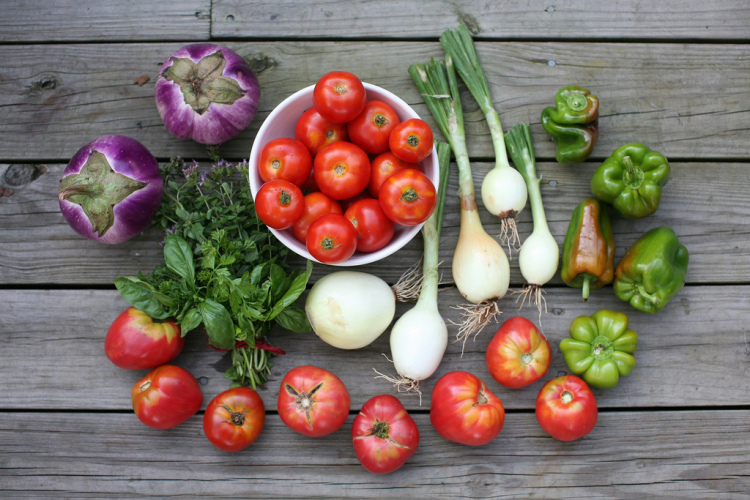We’ve all heard the old adage, “you are what you eat”—so what are you and why does it matter? It matters because eating well ensures a healthy life now and into the future. Your body requires nutrient-rich foods to help protect you against a variety of illnesses and can help reduce your risk of disease. Experts often say the keys to wellness involve having a balanced diet and watching your caloric intake. According to the Academy of Nutrition and Dietetics, you should start your day with a healthy breakfast consisting of whole grains, calcium-, vitamin C-, vitamin D-rich foods.
Whole grains like oats and buckwheat cereals are rich in minerals like manganese and magnesium which are thought to boost brain power and nerve functioning, respectively. Calcium and vitamin D help fortify our bones and guard against osteoporosis. Vitamin D is found in salmon, tuna, spinach, kale and Okra. Calcium and vitamin D can also be found in orange juice, milk, yogurt and cheese.
Vitamin C (ascorbic acid) supports a healthy immune system and is a well-known cancer fighting anti-oxidant. Vitamin C is also thought to aid in regenerating tissues and warding off heart disease. Ample sources of vitamin C are found in all fruits such as strawberries and kiwis and vegetables, especially leafy greens like broccoli and Brussels sprouts.
Lifestyle, gender and age also factor in determining the amount of calories per day that are required to maintain good health. The USDA provides estimates that range from 1,600 to 2,400 calories per day for adult women and 2,000 to 3,000 calories per day for adult men –again, dependent on age and activity levels. See the table for specifics.
And lest you think supplements alone can take the place of eating well—you would be wrong; dangerously so. For example, a recent research letter published in the Journal of the American Medical Association (JAMA) states that Americans are exceeding recommended daily allowances of Vitamin D in record numbers. The recommended dose for Vitamin D is 600 international units per day. Nearly 20 percent of adults in the US are taking supplemental vitamin D, and a growing number are taking excessively high doses which researchers have linked to an increased risk of fractures, falls, kidney stones and even certain cancers. Beyond 4,000 IU, individuals risk toxicity and adverse results and women seem to be most at risk because they are taking more supplements at higher dosages than men.
Other vitamins like E and C can be equally toxic at very high levels resulting in nausea, digestive issues and other problems. In fact, vitamin E is a natural anticoagulant and taken with blood thinners or cholesterol lowering drugs can result in excessive bleeding. Adhere to recommended daily allowances and always consult your doctor if you are considering taking more of a particular supplement.
Remember, the best remedy is to pop a veggie and not a higher dose of supplement. What’s more, eating well results in feeling well; fruits and vegetables are effective mood boosters. The more produce you consume, the better or happier you are likely to feel. Experts suggest eating 5-9 servings of fruits and vegetables on a daily basis to do the trick. So if you are what you eat, be a Kiwi and smile!
Strategic Communications Professional/Content Strategist/Marketing Communications Consultant





